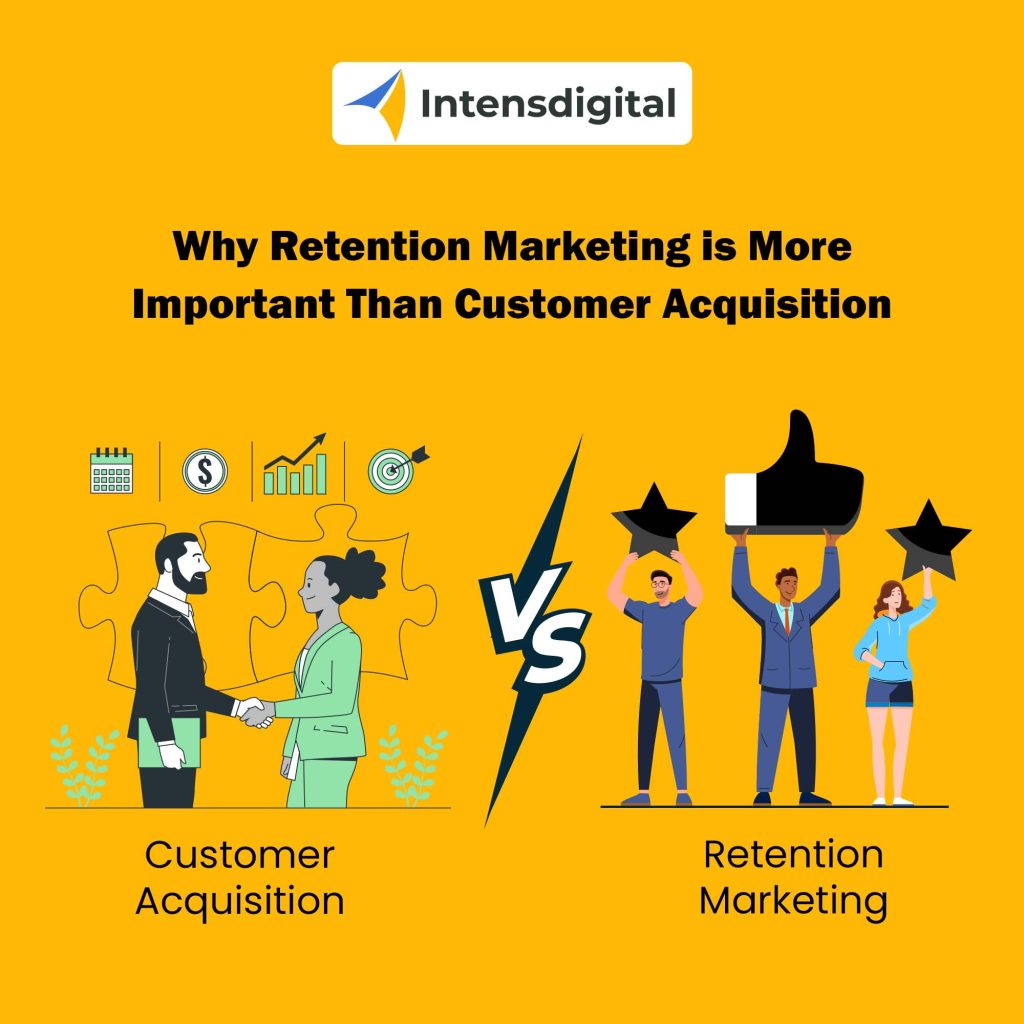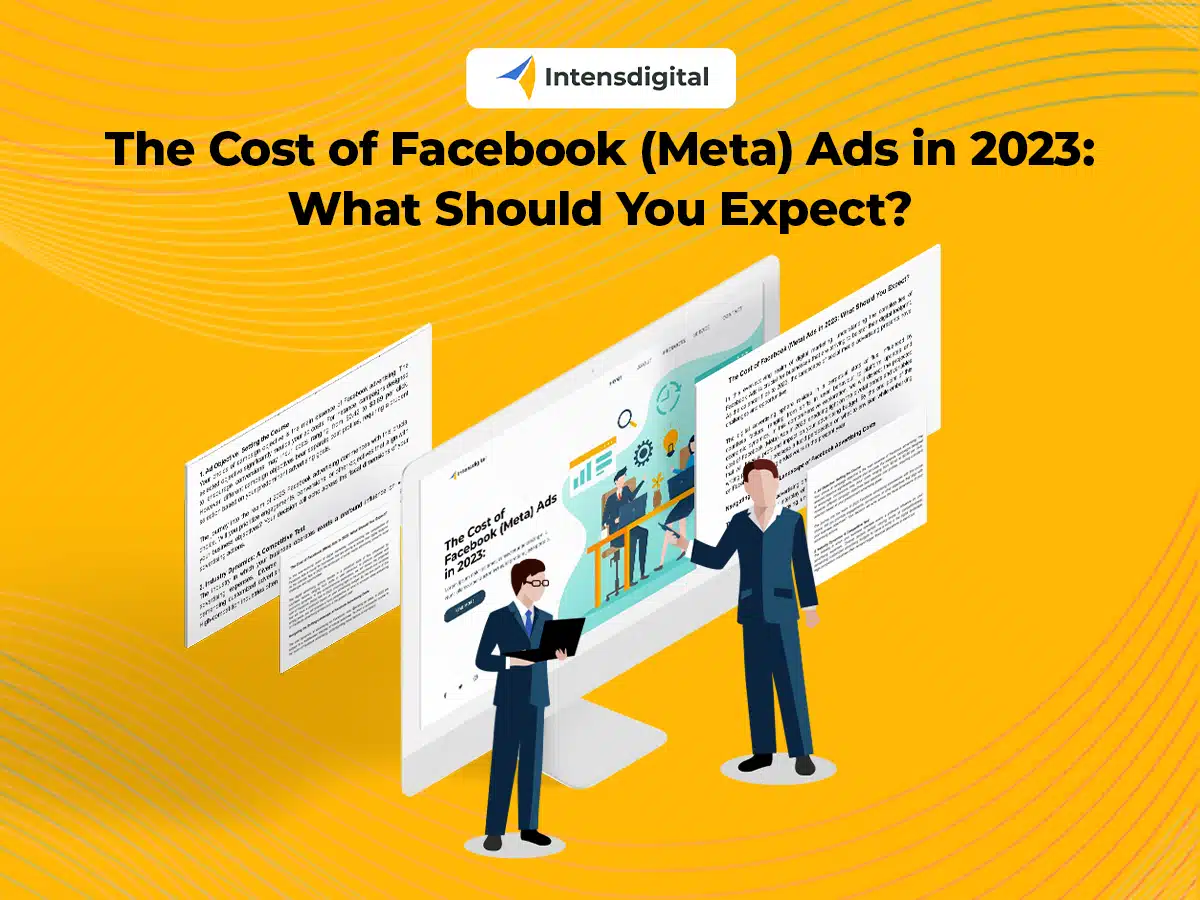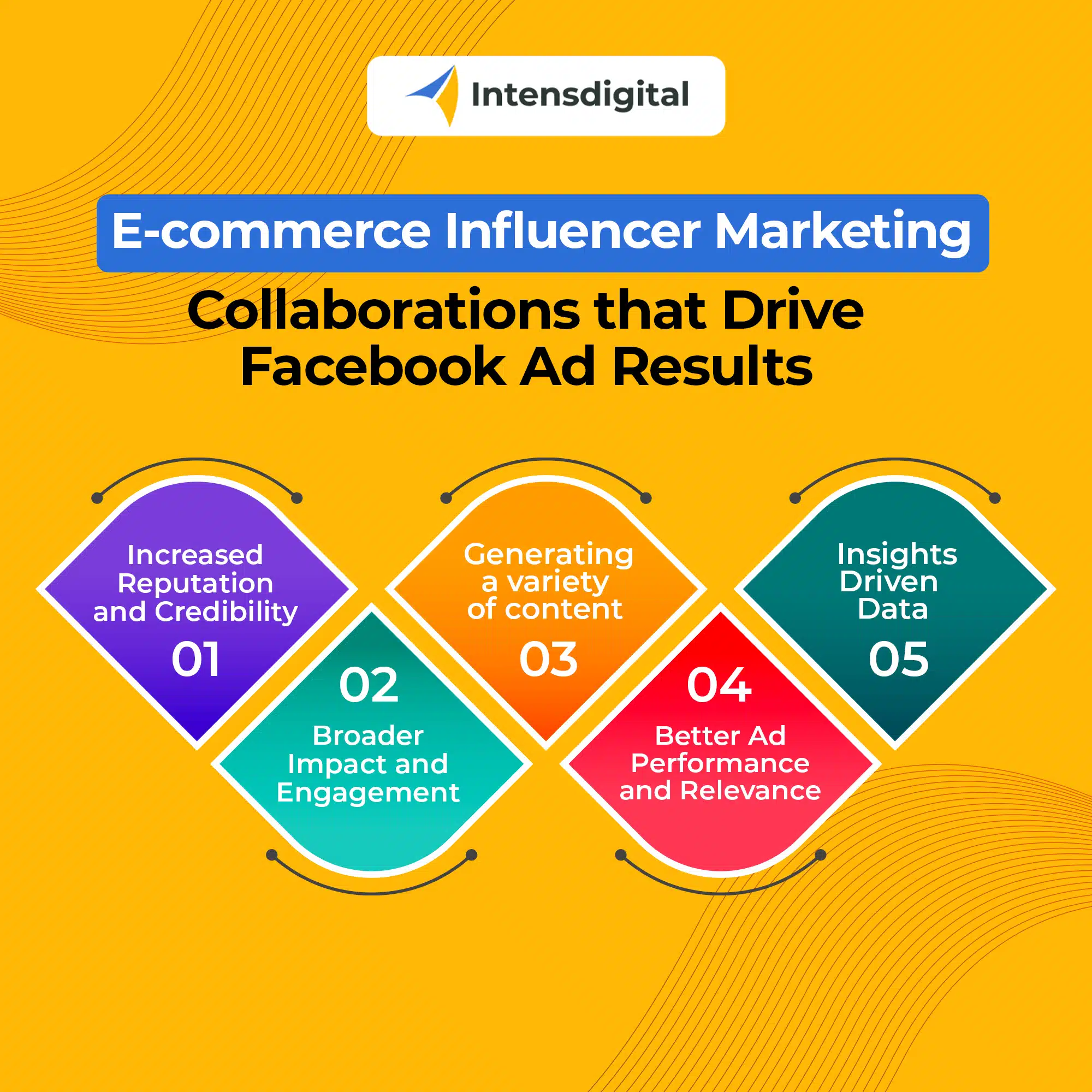Businesses frequently place a lot of focus on client acquisition in the fast-paced and cutthroat environment of contemporary industry. The pursuit of acquiring new clients may be all-consuming, with marketing resources and spending poured into luring new clients to the company. Retention marketing is a crucial component that many organizations neglect, though. A compelling argument can be made that retention marketing holds the key to long-term success and sustainable profitability, even while client acquisition is unquestionably crucial. In this post, we examine reasons why customer retention marketing is more effective than customer acquisition marketing and customer retention tactics.
The Influence of Repeat Business
Unquestionably essential to the expansion of any firm is customer acquisition. The market’s reach is increased and new clients bring in new income sources. However, long-term profitability is sustained by the strength of recurring business. According to studies, it might cost five to twenty-five times more to get a new client than it does to keep an existing one. The familiarity and trust that current clients have already grown to have with a brand is what accounts for this price difference.
A customer’s lifetime value (CLV) increases when they make more purchases. CLV considers the overall income a customer earns over the course of their relationship with the business. Existing customers are more inclined to spend more money and recommend the product or service to others, boosting their CLV. New clients, however, frequently test the waters first, resulting in a smaller first transaction value.
Developing a Base of Loyal Customers
Retention marketing places a strong emphasis on fostering client connections, which results in the growth of a devoted clientele. These devoted consumers become brand ambassadors, generating favorable word-of-mouth and recommendations. Loyal consumers are more tolerant of minor errors and more likely to offer helpful criticism as opposed to quickly transferring to a rival. This loyalty acts as a buffer against changes in the market and pressure from competitors.
Businesses must concentrate on delivering constant value, outstanding customer service, and individualized experiences if they want to develop a loyal consumer base. Individual preferences and purchase histories may be taken into account when planning marketing campaigns, which improves consumer happiness while also encouraging a feeling of community among like-minded people.
The Importance of Emotional Bonding
The emotional bond that develops between a brand and its consumers is the lifeblood of retention marketing. Customers are less likely to switch to competitors based purely on price or convenience if they have an emotional connection to the brand. This emotional connection may convert clients into steadfast supporters and serves as a potent churn deterrent.
A key technique for creating an emotional connection is storytelling. Businesses may develop a compelling narrative by highlighting the brand’s history, values, and influence on customers’ lives. This story improves brand recognition and fortifies the connection between the client and the business.
The Results of Customer Satisfaction
The foundation of retention marketing is high client happiness. In addition to being more inclined to make subsequent purchases, happy consumers are also more apt to ignore brief blips in the customer service experience. They are aware that no company is faultless and they respect the efforts made to fix any problems.
Businesses may raise their Net Promoter Score (NPS), which gauges the chance that consumers would suggest the brand to others, by concentrating on customer happiness. A higher NPS reveals a devoted client base that actively promotes good word-of-mouth advertising.
Data-Driven Insights and Personalization
Retention marketing depends on having a thorough grasp of its target audience. Customizing marketing messages, offers, and experiences to each customer’s unique interests and behaviors is known as personalization. This degree of personalization shows that the business cherishes each individual consumer rather than viewing them as merely a potential source of income.
Insights derived from data are essential to successful retention marketing. Businesses can identify trends and preferences that direct their marketing strategy by investigating client behavior and purchasing trends. With the use of these data, businesses are better able to predict client demands, provide pertinent suggestions, and develop tailored advertising campaigns that appeal to certain audience segments.
The Consequences of Retention Marketing
The ripple impact of retention marketing is one underappreciated feature. Customers who are happy and loyal not only buy from a company again, but they also promote it by spreading good word of mouth. Potential clients are strongly influenced by this organic marketing since they are more inclined to believe recommendations from friends and family than conventional advertising.
In addition, aggressive and expensive acquisition attempts are less necessary when retention marketing is used. A company can concentrate on organic development and devote resources to improving the customer experience when it has a solid retention plan in place rather than continually seeking out new clients.
Finding the Perfect Balance
While client acquisition should not wholly be overlooked, retention marketing still has a lot of value. Increasing market reach and sustaining a steady stream of new income still depend on acquiring new clients. Finding the ideal balance between client acquisition and retention marketing, though, is the key.
Initiatives that both draw in new clients and keep existing ones interested should be part of a well-rounded marketing plan. By fostering connections, offering remarkable experiences, and continually improving to suit their changing demands, the emphasis should be on maximizing the value of each client.
The attraction of client acquisition frequently takes center stage in the dynamic world of business. However, retention marketing appears to be the key to long-term success and profitability, according to the facts. Businesses may acquire a loyal client base that not only produces repeat business but also acts as a catalyst for organic development by fostering customer relationships, cultivating loyalty, and forging emotional connections. Prioritizing retention marketing alongside client acquisition is a move that businesses should make if they want to be sustainable and grow for the long term.





